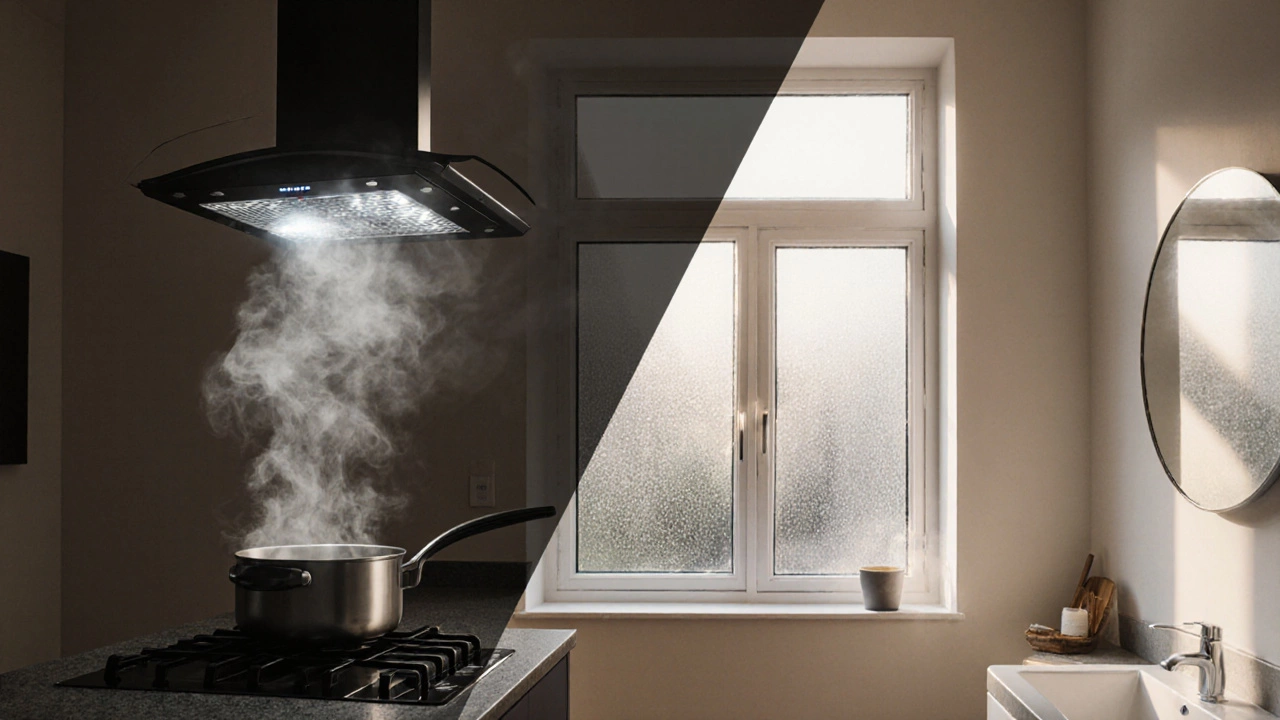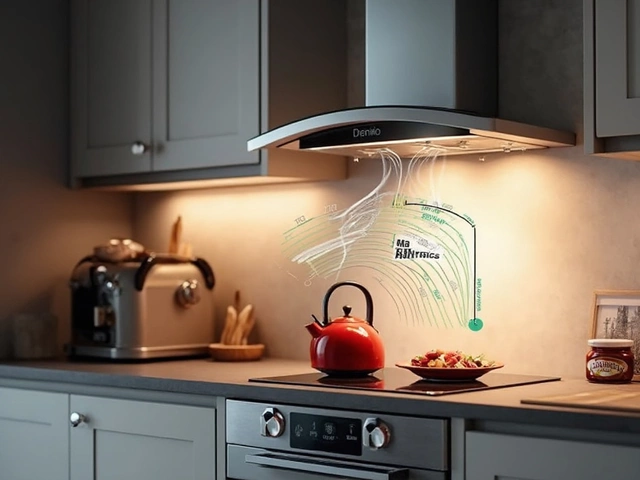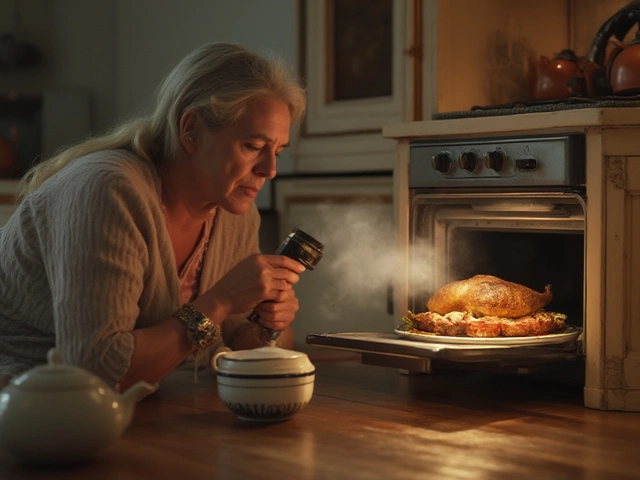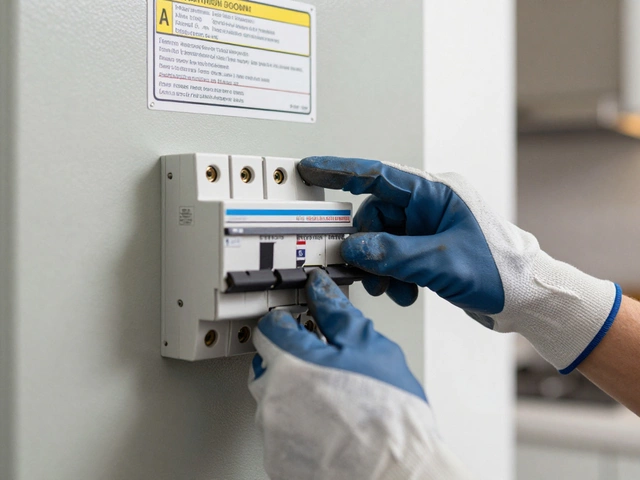When working with building regulations, the set of legal standards that govern construction, renovation, and safety in residential and commercial properties across the UK. Also known as building codes, they shape how appliances, heating systems, and ventilation are installed to meet safety and energy‑efficiency goals. Boiler a central heating unit that must meet pressure, flue and efficiency criteria set by regulations and Gas appliance any cooker, oven or water heater that uses natural gas or LPG and is subject to Gas Safe standards are two of the most common fixtures inspected under these rules.
Heat pump an energy‑saving device that extracts heat from air or ground and must comply with insulation, sound and placement guidelines illustrates a clear link: building regulations require proper sizing, correct mounting height and efficient ducting to avoid hidden moisture problems. Likewise, Extractor fan a ventilation unit that removes moisture and pollutants from kitchens or bathrooms and must meet air‑flow standards must be installed with adequate duct length and fire‑rated sleeves. These examples show how regulations influence everyday appliances, ensuring they operate safely and don’t compromise the building’s structure.
From a practical standpoint, every new installation or major repair triggers a checklist. First, confirm the appliance’s CE marking or Gas Safe certificate, then verify that the connection points (plumbing, electrical, gas) meet the latest Part G (gas) or Part L (conservation of fuel and power) requirements. For a boiler, this means checking the pressure‑vessel certification, flue size, and condensing efficiency. For a heat pump, you’ll need to assess the refrigerant charge, outdoor unit clearance, and whether a building’s thermal envelope satisfies Part L3. Skipping these steps can lead to costly re‑work or, worse, safety hazards.
Homeowners often wonder whether they can DIY a fix without breaching regulations. The rule of thumb is simple: if the job involves gas, electrical wiring, or structural changes, a qualified professional with the appropriate registration must sign off. This applies to replacing an oven igniter, fitting a new extractor fan, or swapping a faulty boiler valve. Even seemingly minor tasks like resetting a water heater’s high‑limit switch fall under Part G if the heater is gas‑fed, because an improper reset can cause carbon monoxide buildup.
The collection of articles below reflects the most common scenarios where building regulations intersect with everyday repairs. You’ll find cost guides for boiler and heat‑pump fixes, step‑by‑step DIY tutorials for extractor fans and oven igniters, and safety checklists for gas appliances. All of them are written with the regulations in mind, so you can decide whether a simple fix is enough or whether you need a certified engineer to keep your home compliant and safe.

Explore whether you can live without an extractor fan, covering UK regulations, health risks, passive ventilation tricks, dehumidifier use, and when a mechanical fan becomes essential.

Struggling with a troublesome boiler? Discover the most frequent issues like lack of heat, strange noises, and leaking water. Learn practical tips and tricks on how to diagnose and fix these problems on your own. Recognize when it's time to call a professional and keep your home warm and comfortable.

Spotting the two most common electric stove problems can make repairs easier. Learn how to catch signs like faulty burners and control issues with clear, helpful steps.

Choosing the right extractor fan can be a tricky task with so many options on the market. This guide breaks down key factors like fan types, sizes, noise levels, and energy efficiency to help you make an informed decision. We dive into tips on proper sizing and essential features to look for. Find maintenance tips and tricks to keep your fan running smoothly. Equip yourself with the knowledge you need to ensure a wise investment.

Find out how to tell if your oven’s heating element or thermostat is busted with simple tests, warning signs, and expert tips you can trust.

Learn how to safely fix a burnt electric hob by checking the element, testing with a multimeter, replacing parts, and preventing future damage. Avoid fire risks with these step-by-step tips.